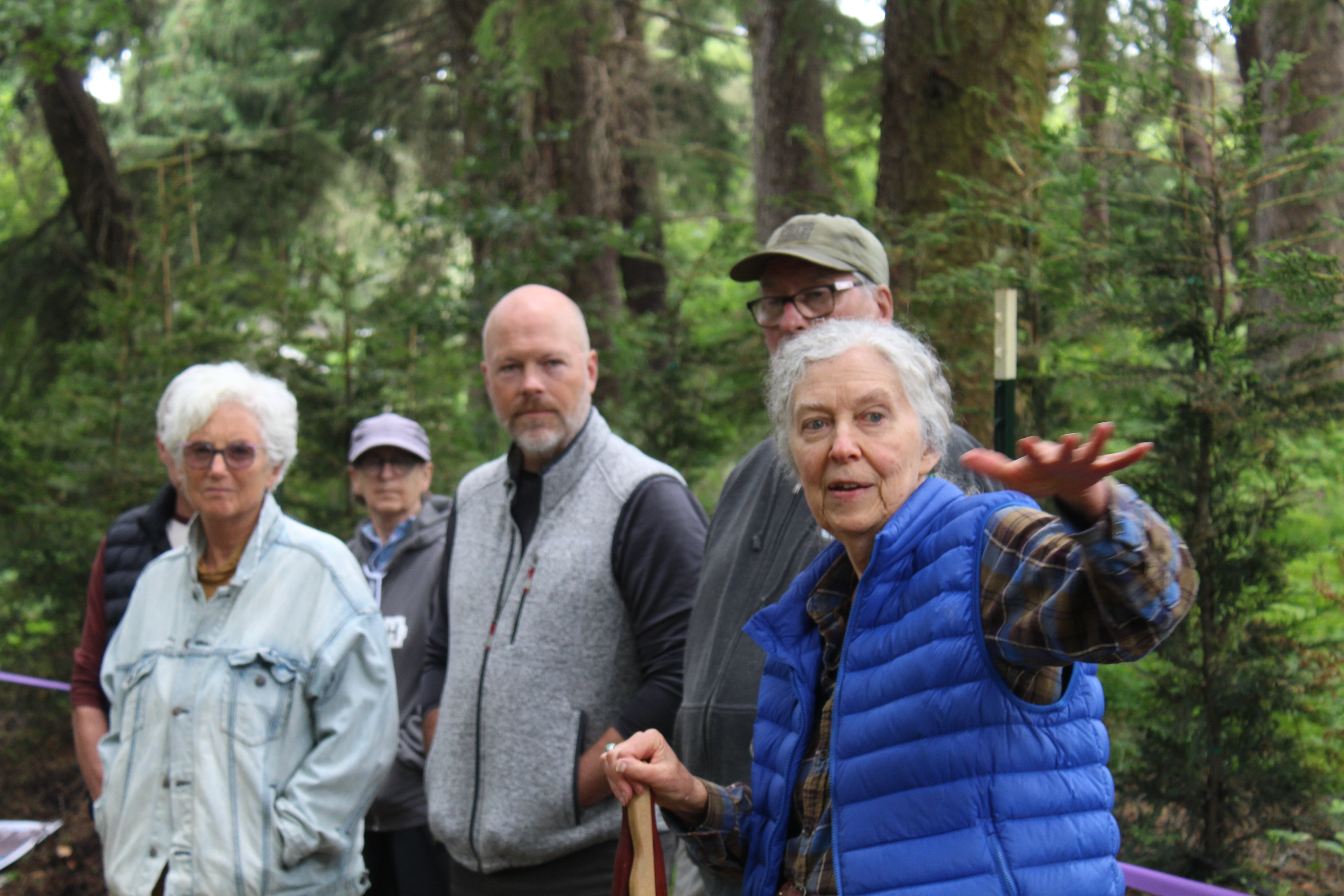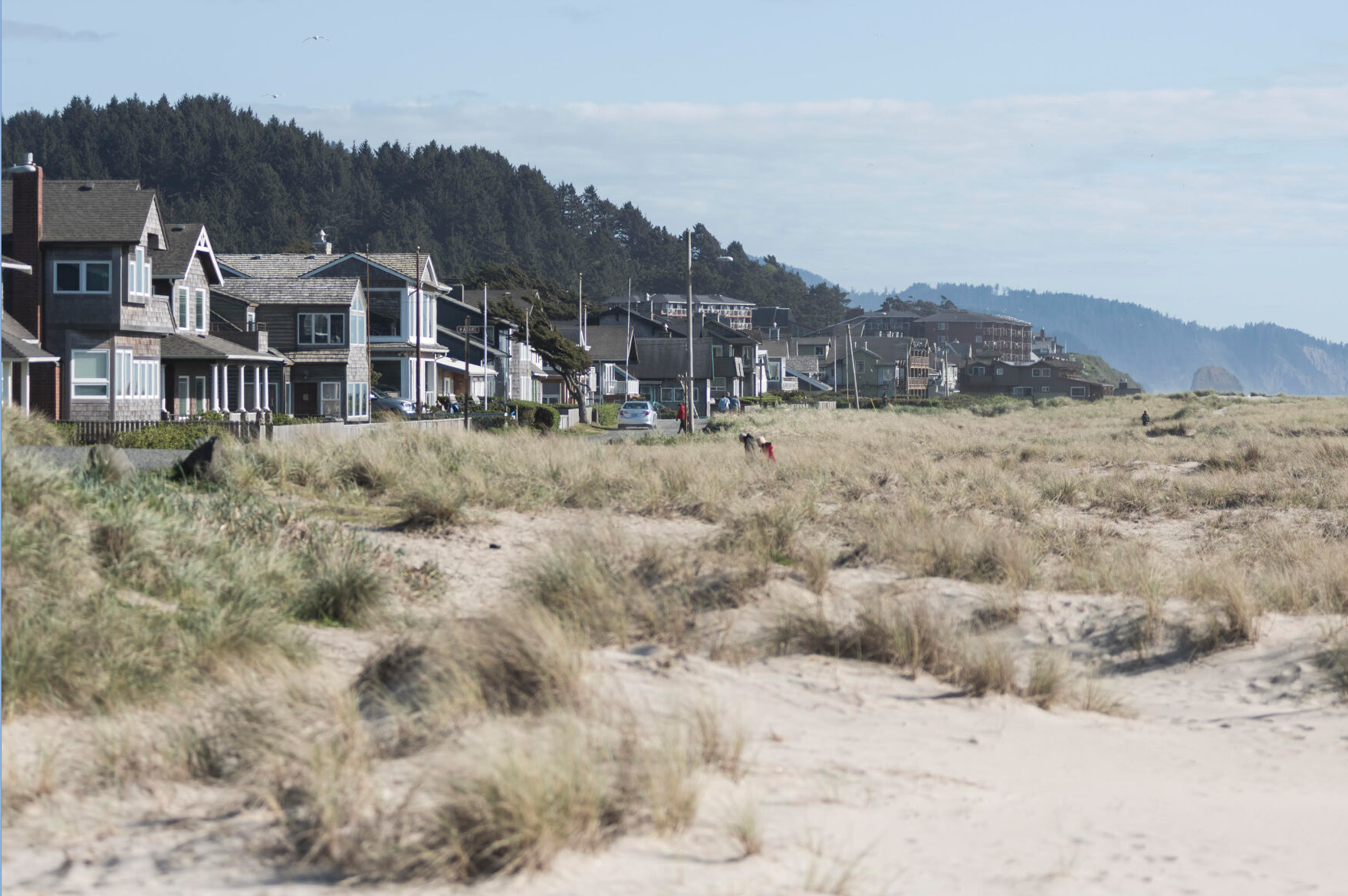Critical thinking requires suspending judgment
Published 5:00 pm Wednesday, July 18, 2007
How do you think, emotionally or rationally?
Trending
In today’s world of virtually instantaneous news, fast credit and purchases, major human issues, a rancorous political climate and human strife through the various wars, we are prone to quick decisions for much of our daily lives. However quickly those decisions may be “required,” that certainly does not mandate we short circuit our decision-making or thinking skills. For the most part during our lives, we have been supported in making emotionally-based decisions, not well thought-out, with numerous perspectives being examined. Enter critical thinking.
Some time ago, I asked a prominent leader about critical thinking. In response, I was asked what it was. I responded that it was not thinking negatively or being critical, it was thinking logically and rationally and viewing virtually all perspectives of a situation.
Let’s examine several facets of critical thinking.
Trending
According to Richard Paul, a pre-eminent author on the subject, thinking logically and rationally involves thinking through standards of discipline and restraint, precision, supportive facts, evidence and useful analogies. Critical thinking requires us to solve a problem. Emotionally-based arguments only create problems and lack analysis, facts, evidence and disciplined thinking.
Further, exploring opposing points of view is mandatory to testing one’s own thinking. This involves understanding our beliefs, attitudes and passions and how they influence our processes. When a deeper (critical) thinker can question his or her own deeply-held beliefs and restructure them when they are found wanting, adaptability and understanding of other perspectives is much easier. Holding onto our beliefs just because we have a need to be right or have always believed that way is not a rational argument. What we think is thinking is really a habitual and patterned process, learned at an early age.
A critical thinker suspends judgment. We generally are prone to satisfy our egos by offering some answer, however unexamined. It is more gratifying for us to be unreasonable. Suspending judgment means recognizing we don’t know or don’t have an answer, especially if we have not examined the issue.
Critical thinkers ask questions instead of making statements. Being inquisitive raises information for analysis. By wanting to satisfy our egos with answers, stepping back into questions requires pausing to ask, “What is it I don’t know?” We must be willing to set our habitual “thinking” aside to understand “what else” is there about this situation? Humility is a very necessary quality for critical thinkers.
Lastly, in today’s world of constant and more rapid change, it will never again do to think exclusively within one fixed belief system. The illusion of security in permanence will continue to tantalize us. We must prepare ourselves to live within flux rather than constancy, to be comfortable with the unexpected and problematic, to expect the unexpected. Skill in turning systems inside out, frequently restructuring and recasting them, will be the basis for high-paid labor and the challenge of sound leadership. I submit this is valid for all, politician to pole digger.
Next time you are challenged with an issue in your environment, personal or otherwise, ask yourself, “Upon what basis am I making my analysis? What don’t I know? What investment do I have in the outcome?” A higher order of thinking is more necessary today with more at stake than just our egos. Our lives, and many others, may well depend upon the critical thinking process involved to arrive at answers for our future.
Daugherity was the director of the Small Business Development Center (SBDC) for Clatsop Community College, and located in Seaside. He writes from his experience as a consultant and his work with local businesses. You may contact him at 738-8535.









